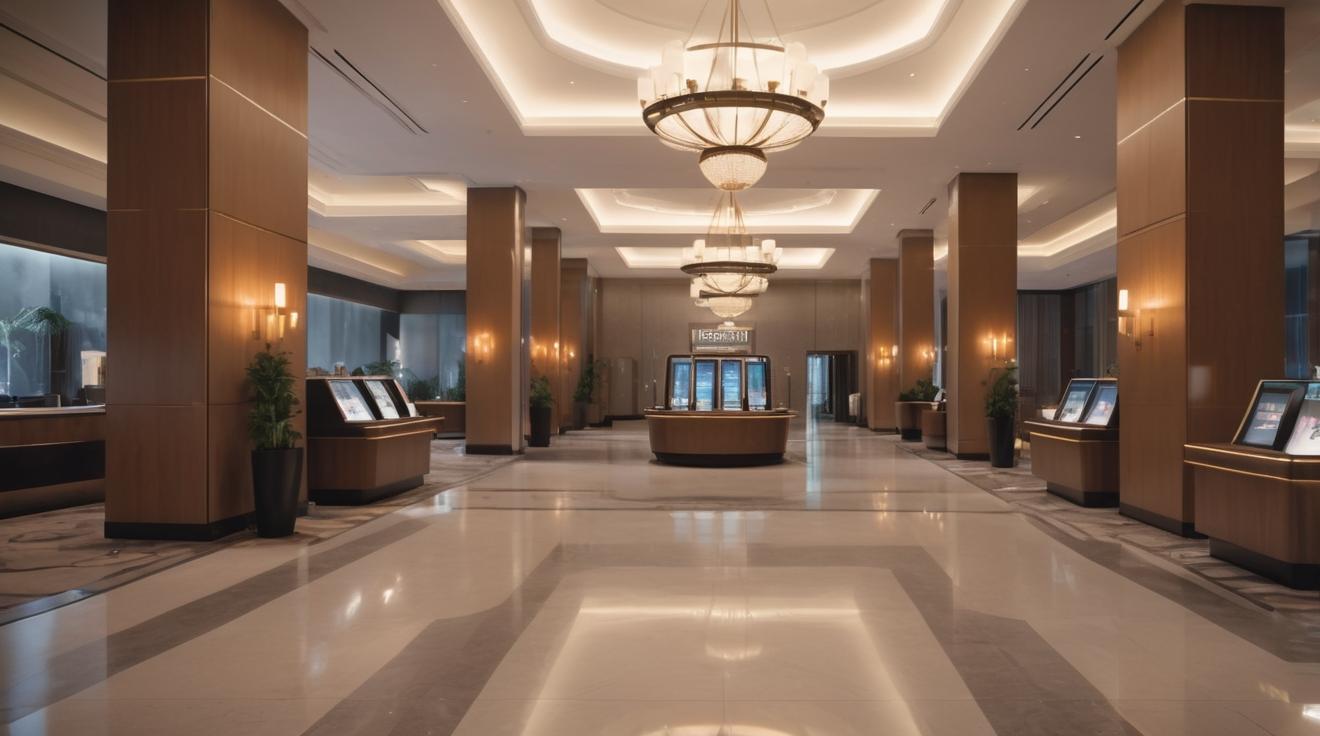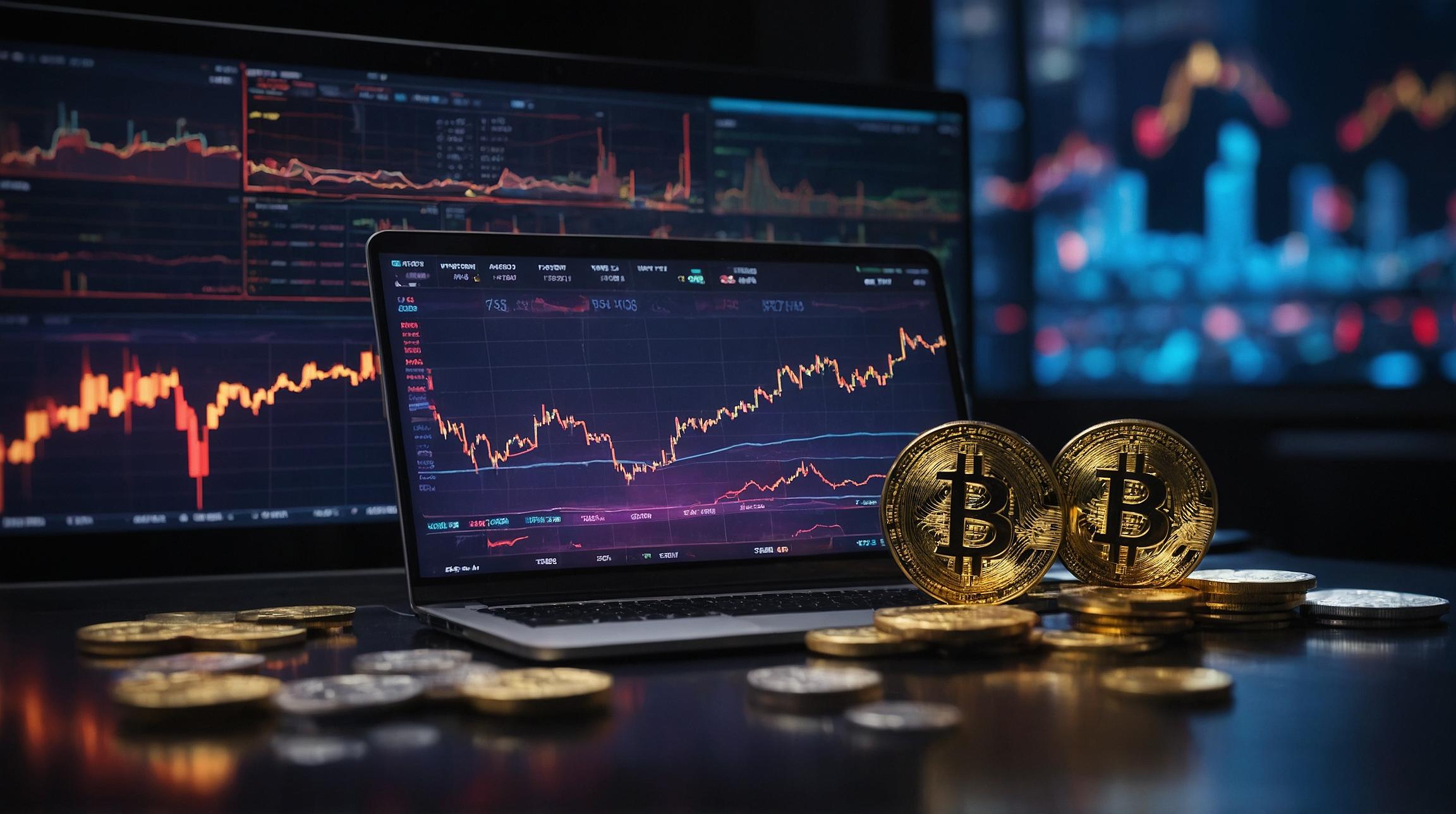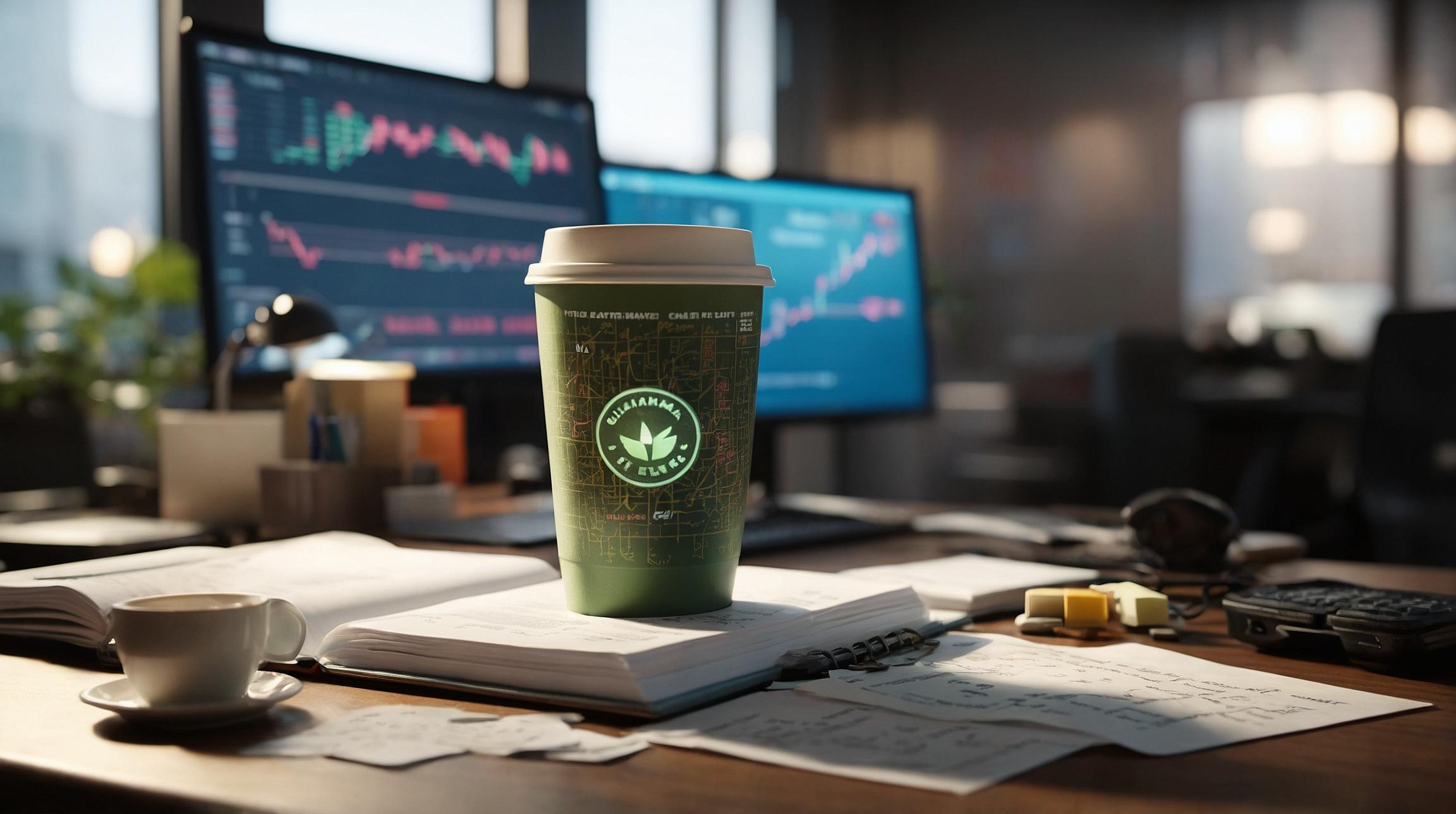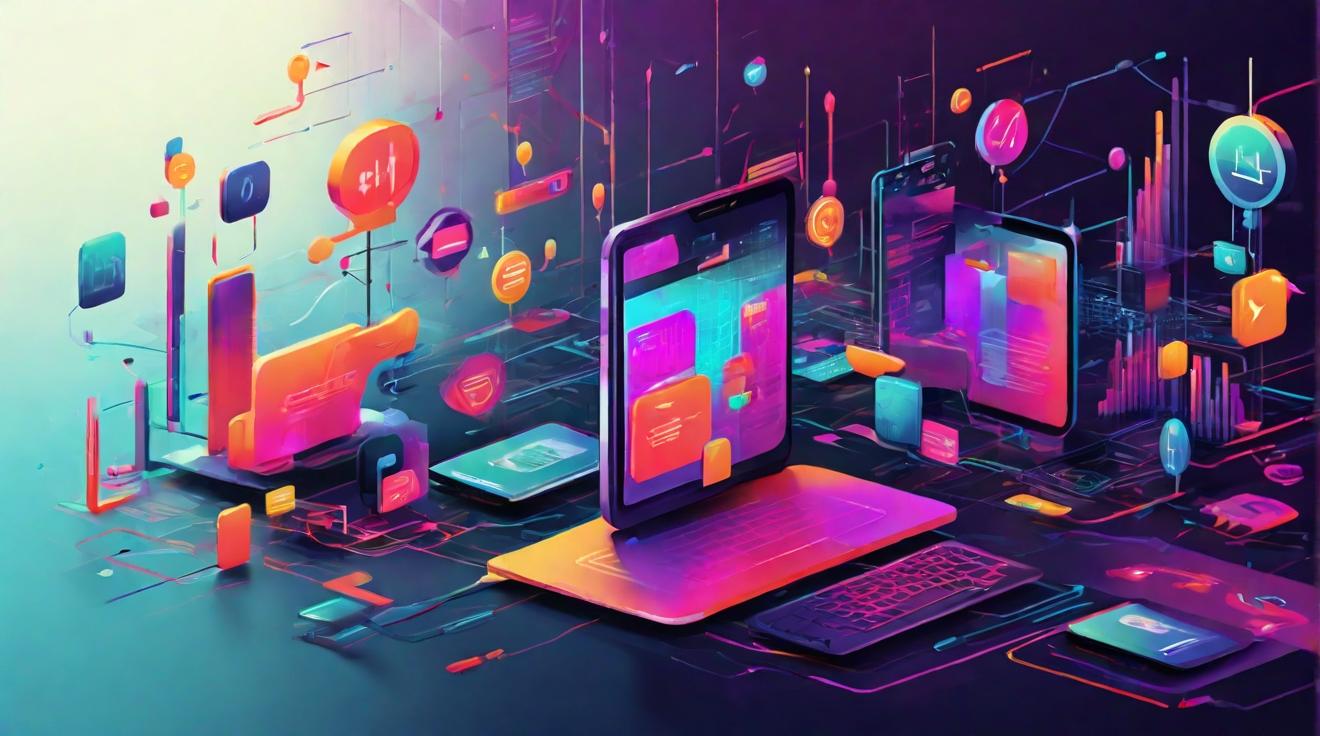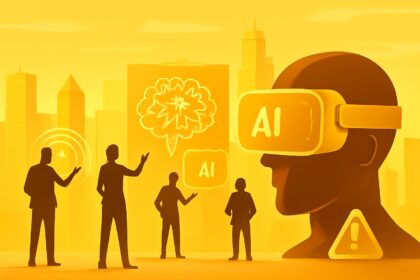Technology Shapes the Future of Hospitality with Enhanced Guest Experiences
The global hospitality industry is increasingly investing in technology to improve the guest experience, with artificial intelligence (AI) playing a key role in automating tasks such as booking, check-ins, and housekeeping management. Implementing advanced technologies also enables 24/7 traveler support through AI chatbots and virtual assistants.
Slow but Steady Tech Adoption
The hospitality industry has a reputation for adapting slowly to technological advancements. Nevertheless, hospitality asset owners and investors are now keen on ramping up technology investments. Over 70 percent of hotel executives are prioritizing technologies that streamline operations and elevate customer experiences.
CRM Systems: A Cornerstone in Hotel Operations
Customer Relationship Management (CRM) systems are becoming pivotal in hotel operations. Leveraging CRM systems can enhance customer service relationships, assist in guest retention, and drive sales growth. CRM technology could increase sales by up to 29 percent and improve forecast accuracy by 32 percent. Data-driven marketing strategies supported by robust CRM systems allow hotels to tailor their marketing to individual guest preferences, thus boosting repeat business.
Property Management Systems: Backbone of Hotel Operations
Property Management Systems like innRoad, Oracle, and Hotelogix are crucial for maximizing revenues, increasing efficiencies, and enhancing guest understanding. These systems serve as the backbone of hotel operations, integrating functions like reservations, check-ins, housekeeping, and billing into a single cohesive platform.
AI-Driven Revenue Management
Technologies like TakeUp.ai leverage AI to analyze past guest behavior and competitors' pricing, thereby optimizing revenues without guesswork. AI-driven revenue management systems can predict demand more accurately, allowing hotels to adjust prices dynamically and maximize revenues. These systems help in identifying and capitalizing on market trends, ensuring that hotels remain competitive.
Modern Guest Expectations
Guest behavior is shifting, with many travelers now expecting seamless, tech-integrated experiences. Digital control over room environments, such as lighting, shades, and temperature, is increasingly common even in mid-range hotels. Mobile key entry and digital check-in streamline the arrival process, reducing the need for physical keys and front desk check-ins.
Automation Amid Labor Shortages
Rising wages and worker shortages have accelerated the move towards automation. Innovations like automated check-ins, robotic room service, and AI-powered concierge services help hotels maintain high service levels even with reduced staff.
Prioritizing Cleanliness and Safety Post-Pandemic
With travel restrictions easing, hotels are prioritizing technology to enhance operational efficiency and attract guests. Technologies focused on cleanliness and safety, such as contactless check-in and mobile room keys, have become particularly important.
Consolidation in Hospitality Tech Sector
The hospitality tech sector is experiencing a wave of acquisitions as companies aim to offer more comprehensive solutions. This consolidation helps provide integrated services ranging from property management to guest services and revenue management.
Overcoming Legacy System Limitations
Many hotels still struggle with outdated and siloed systems. The solution lies in adopting open API-based systems that enable seamless integration between different software applications, alleviating the limitations of legacy systems.
Untapped Areas for Technological Enhancement
Many processes in the hospitality industry are still handled manually and could be automated. For example, night audits that involve substantial administrative work can be automated to improve efficiency. A proper payment technology setup enables hotels to offer more personalized and flexible experiences without relying on manual tasks.
As technology continues to shape the future of hospitality, the focus remains on enhancing guest experiences and maintaining operational efficiency.





